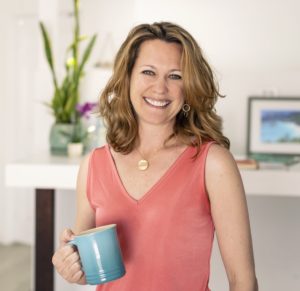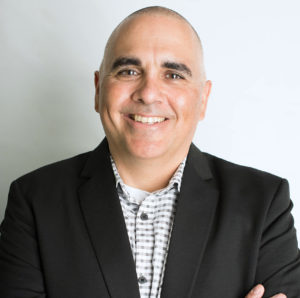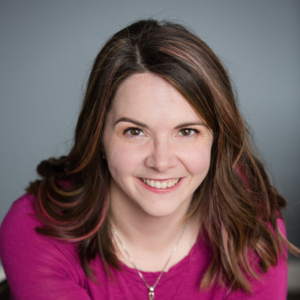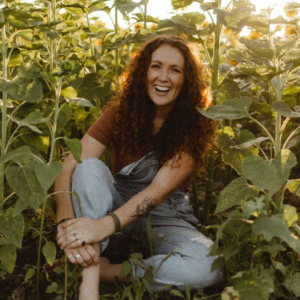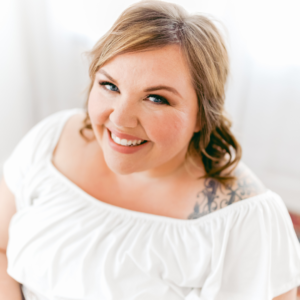I'm so excited to introduce you to this week's guest on Pep Talks for Side Hustlers, Monica Froese!
Monica is a professional blogger and Pinterest marketing expert. She has an MBA degree in finance and marketing and blogs at Redefining Mom, a site for helping women thrive in motherhood and business. She spent 11 years working for a Fortune 100 company running multi-million dollar marketing campaigns with large brands like Microsoft, HP, and Cisco. Now, she provides online marketing education to small businesses that are looking to build a profitable revenue stream through effective sales funnels and Pinterest ads.
Push play to listen to this week's episode, or read the full transcript below!
🚨 FREE TRAINING ALERT 🚨
Monica is one of a small handful of people I trust in the “how to create a profitable digital product business” space who is teaching what ACTUALLY works NOW to create a profitable digital product business.
Not what should work in theory… but what actually works because she's done it herself AND walked hundreds of her clients through the same process (and I used her templates + “triple dip” process to sell Site-in-a-Snap and that's been a total smash hit for me).
So if you plan to sell digital products as part of your online business empire, then you owe it to yourself to sign up for Monica's FREE training on discovering your unique million-dollar formula to easily sell digital products
Connect with Monica:
- Website
- FREE Passion to Profit Experience Training: Discover your unique million-dollar formula to easily sell digital products!
- Monica's FREE Digital Product Toolbox!
- Listen in on our previous episode!
- Listen to my episode on Monica's podcast!
- YouTube
*These are affiliate links which means I may earn a commission if you click my link and decide to make a purchase. I only recommend people + companies I trust, and the commissions I earn help me keep the Free 5 Day Website Challenge + FB Group free, so thanks in advance for using my links!


